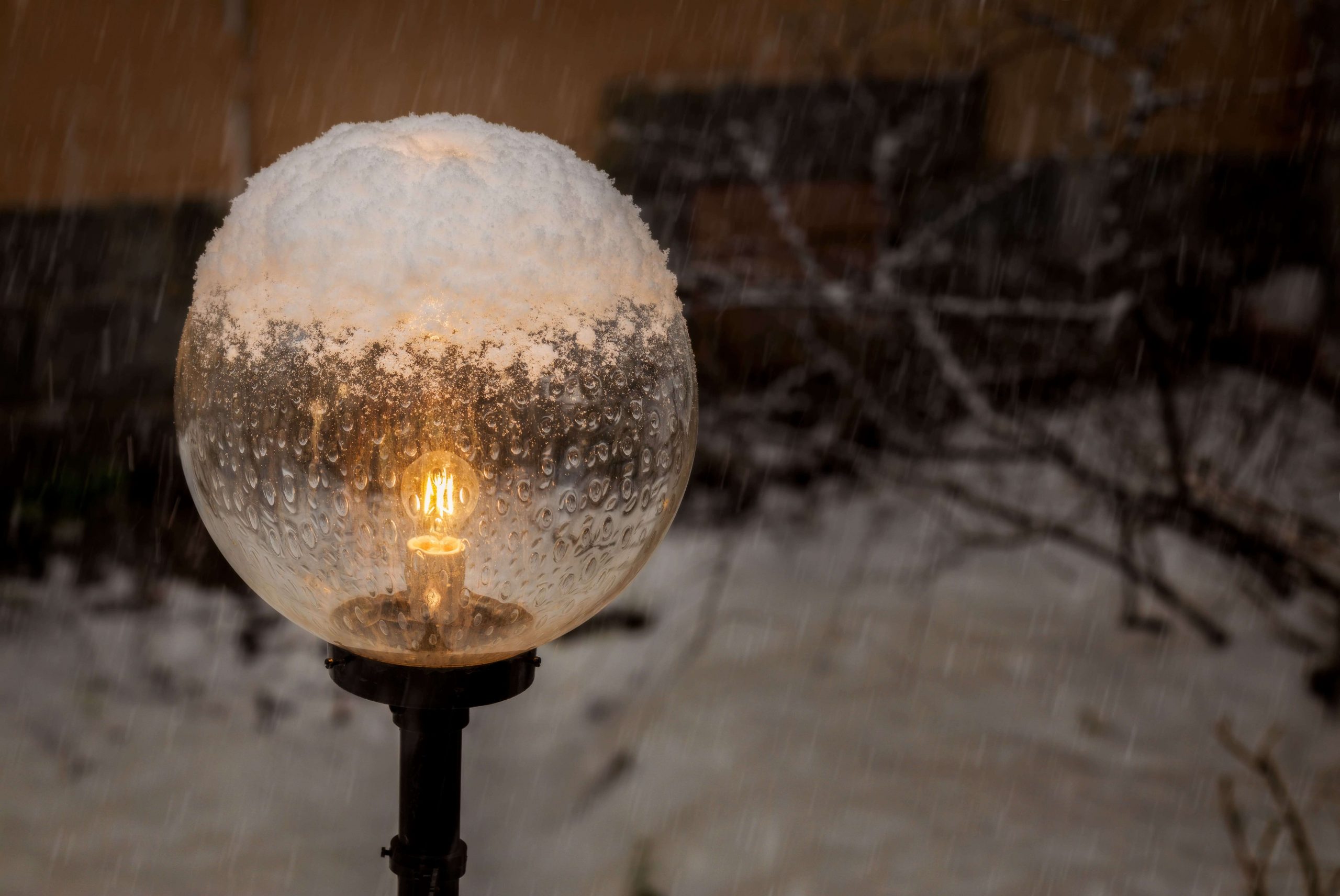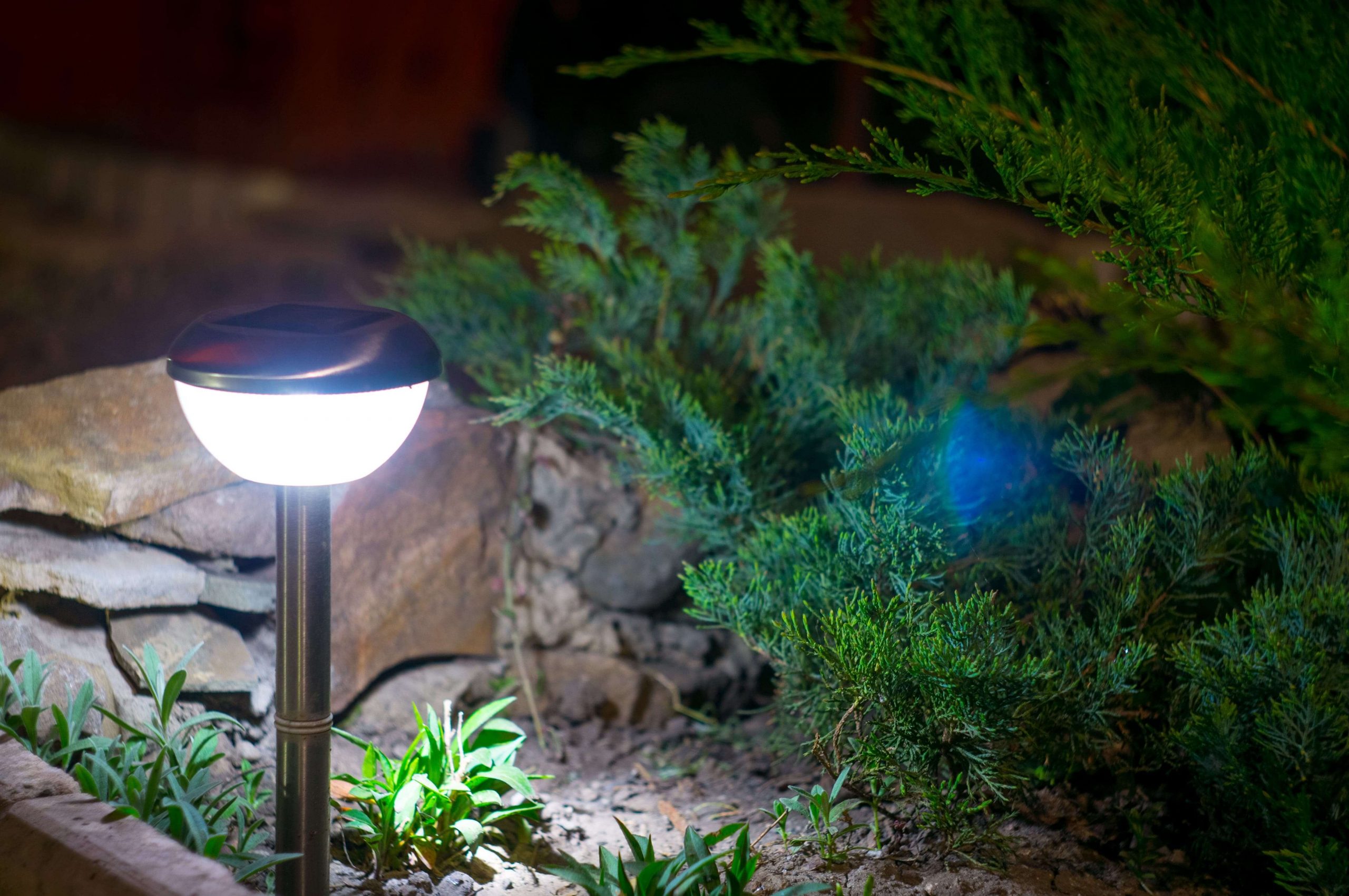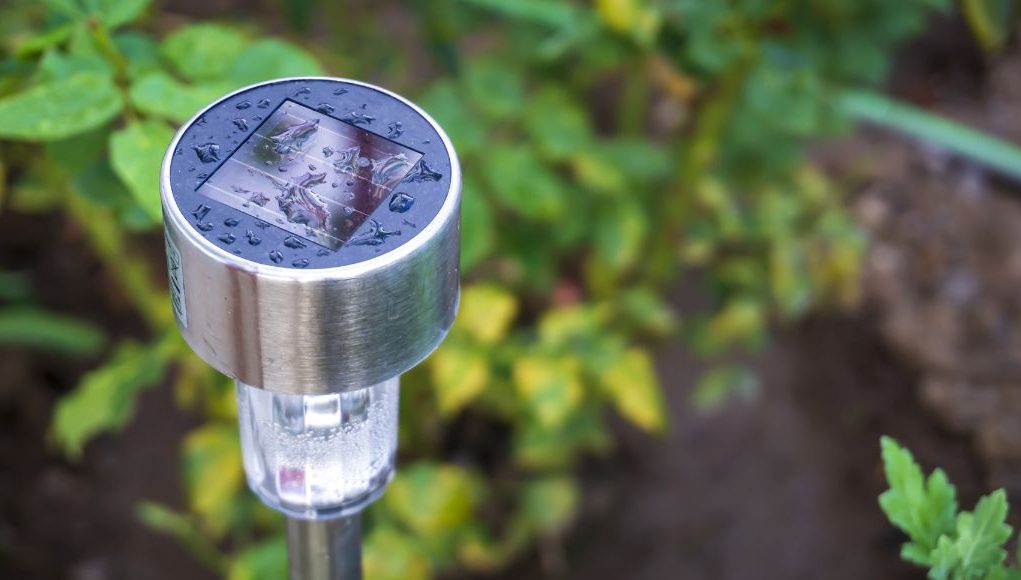You might have come across solar lights if you’re undergoing some backyard renovation or lighting installation. It’s a lighting fixture that draws power from the sun, storing energy by day and using it by night. It’s more convenient to use outdoors since you don’t have to wire them back to any mains circuit to work. On top of that, it can help you conserve energy because it generates its own power.
Everyone knows that electricity and water do not mix well. If you don’t know that, well, it’s not only hazardous for you but also damaging for electrical devices to come into contact with water or any liquids. So, does this mean that your solar lights should not be exposed to water? Should you pack them up every time the sky gets dark?
Can rain ruin your solar lights?
Rain will not damage your solar lights as it’s made to withstand rain and other weather changes. They are water-resistant or waterproof, so you don’t have to scramble to pick up your lights whenever you hear thunder!
Actually, your solar lights benefit from the rain because it washes the dirt and dust building up on your solar panel. With this, the panels can better absorb sunlight which in turn produces better performance.
Although you need to be aware that waterproof solar lights are different from water-resistant solar lights. How so?
Water-resistant solar lights can prevent or resist water from leaking into its mechanical parts up to a certain degree. So, this type of solar light can protect itself against the average amount of waterfall, but if it gets soaked or submerged into water, your lights will get damaged. Unfortunately, most solar lights are only water-resistant, so make sure to read through the technical specifications thoroughly, especially if you’re living in an area that’s prone to heavy rainfall.
Alternatively, waterproof solar lights can completely prevent water penetration. With these lights, you don’t have to worry even if it gets exposed to a massive amount of water. However, physical damage to your lights may render its waterproofing capabilities useless, so assure that your lights are protected.
Can solar lights operate during rainy days?
It’s not odd to ask if you cannot use solar lights on rainy days. Yes, the sun is out as the rain showers come. However, that’s not true. You can still use your solar lights even if it rains or shines, but they won’t be as strong as when it recharges on a bright sunny day.
Solar lights can power up even with the small streaks of sunlight that pass through the clouds. Still, the clearer the sky, the better the efficiency.

Can your solar lights stay out during winter?
Solar lights are engineered to endure various weather changes, including the cold winter season. Well, it’s a given that these fixtures will mostly stay out, so they prepared for these scenarios. Although, it does not mean that your solar lights are indestructible. As for the question, the answer is a bit tricky.
Your lights can either stay or not stay out during winter, depending on where you live. If you reside in an area that does not get long and brutal winter, then your lights will survive even if you leave them out. However, if it’s the opposite, it’s better to store your lights.
While solar lights are weather-resistant, extended exposure to harsh conditions can result to wear and tear, shortening the expected lifespan of your solar lights and damaging their batteries. Snow build-up can also become the source of leaks into the battery terminal and battery, which can quickly weaken your solar fixtures.
How to store solar lights?
If you decided to store your solar lights for more than three days because the weather in your area is a bit extreme, here are some precautions you need to take. Don’t just randomly store them so you can preserve their lifespan and efficiency. Instead, follow these tips!
- Ensure that you turn off your solar fittings.
- Keep your solar lights in dry areas at room temperature.
- Guarantee that your solar units are placed somewhere with exposure to natural or artificial lights. Its batteries need to receive some light to preserve their charge while kept in storage.
- Never put your solar lights inside a box or dark room where there are no light sources. This will damage its battery and reduce its ability to store power.
- If possible, don’t store your solar lights for prolonged periods like several months. However, if you need to, thoroughly drain the battery and charge it at least once every month. Another option you have is to remove the battery entirely and replace them once you start using your lights again.
- If your solar fittings have a glass lamp head, it’s best to encase them in bubble wrap to prevent them from breaking.

Now that you know that solar lights are still helpful during rainy and winter seasons, why don’t you start tyring them out! These fittings are more energy-efficient and eco-friendly than other types of light because they’re self-powered and charge using sunlight. If you don’t know where to get them, check out our website, Simple Lighting. We have a wide range of solar garden lights that will keep your outdoors stunningly bright!













